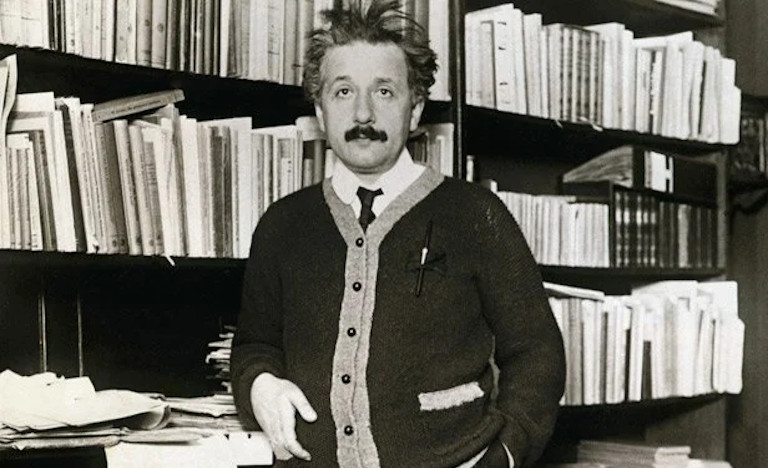The Rising Star

Professor Einstein
Despite the four groundbreaking publications in the "miracle year" 1905, including the publication on the special theory of relativity, it took another three years before Einstein finally got the desired academic position. In 1908 he became a lecturer at the University of Bern, but the salary was insufficient to quit his job at the patent office. The professorship was the stepping stone to a full-time job as a professor, but Einstein prepared his lectures poorly and his presentation was disorderly. Nevertheless, he persisted and in 1909 his dream finally came true and he became a professor of theoretical physics at the University of Zurich.
Prague
Physics faculties from other universities began to notice the talents of Professor Einstein. In 1910 he was approached for a job at the prestigious Karl-Ferdinand University in Prague. He accepted and was appointed in 1911. In Prague, Einstein began to make great strides in broadening his special theory of relativity to the much more complex general theory of relativity. He worked out the theory that predicted that light would bend in a gravitational field. Einstein's reputation grew stronger and stronger and he received all kinds of invitations to lecture at universities and at conferences all over Europe.
Berlin
In 1912, Einstein went back from Prague to Zurich for a job at his old Polytechnic Institute, which had since been upgraded to the Eidgenössische Technische Hochschule Zürich. The big breakthrough came when he was offered a professorship at the University of Berlin, the world's most important scientific institute at the time. In addition, he became director of the new Kaiser-Wilhelm-Institut für Physik in Berlin and, at the age of 34, he was admitted as the youngest member to the Preußische Akademie der Wissenschaften. A big advantage was that he didn't have to teach much, which allowed him to devote most of his time to research. His decision to accept the job paid off, a year later he published his magnum opus, the general theory of relativity.